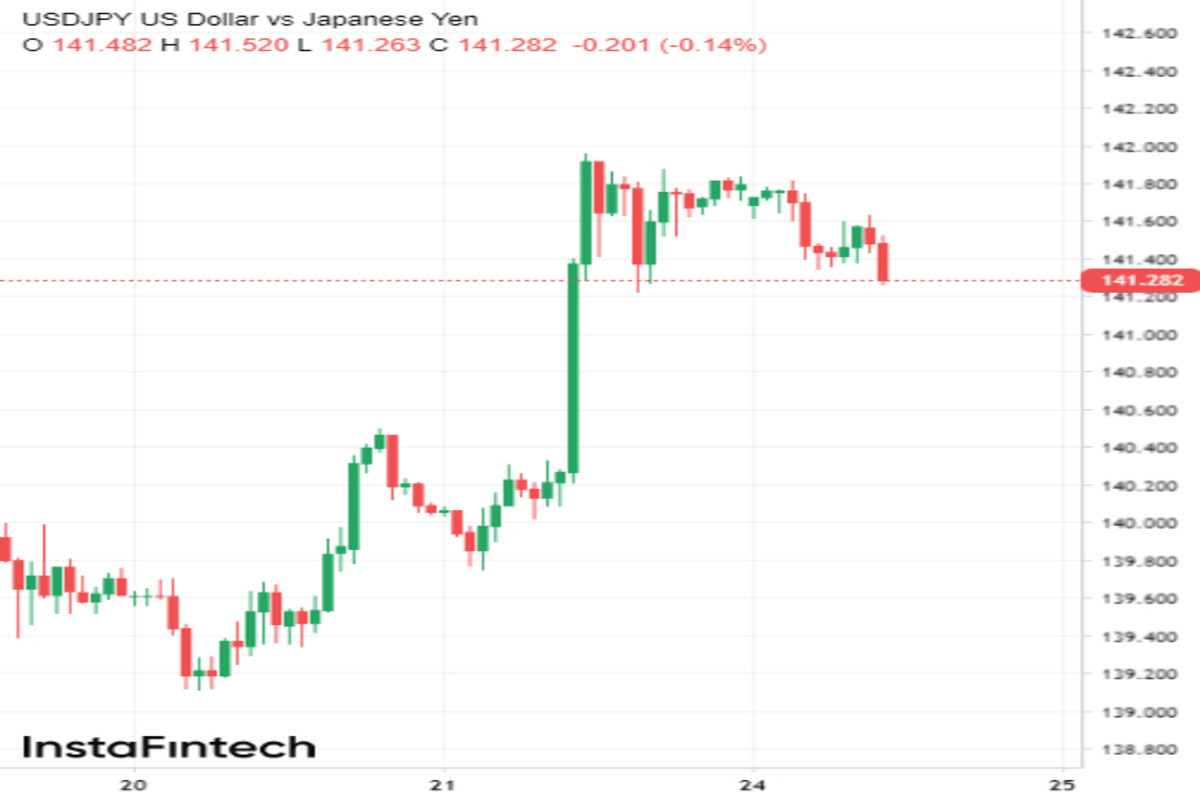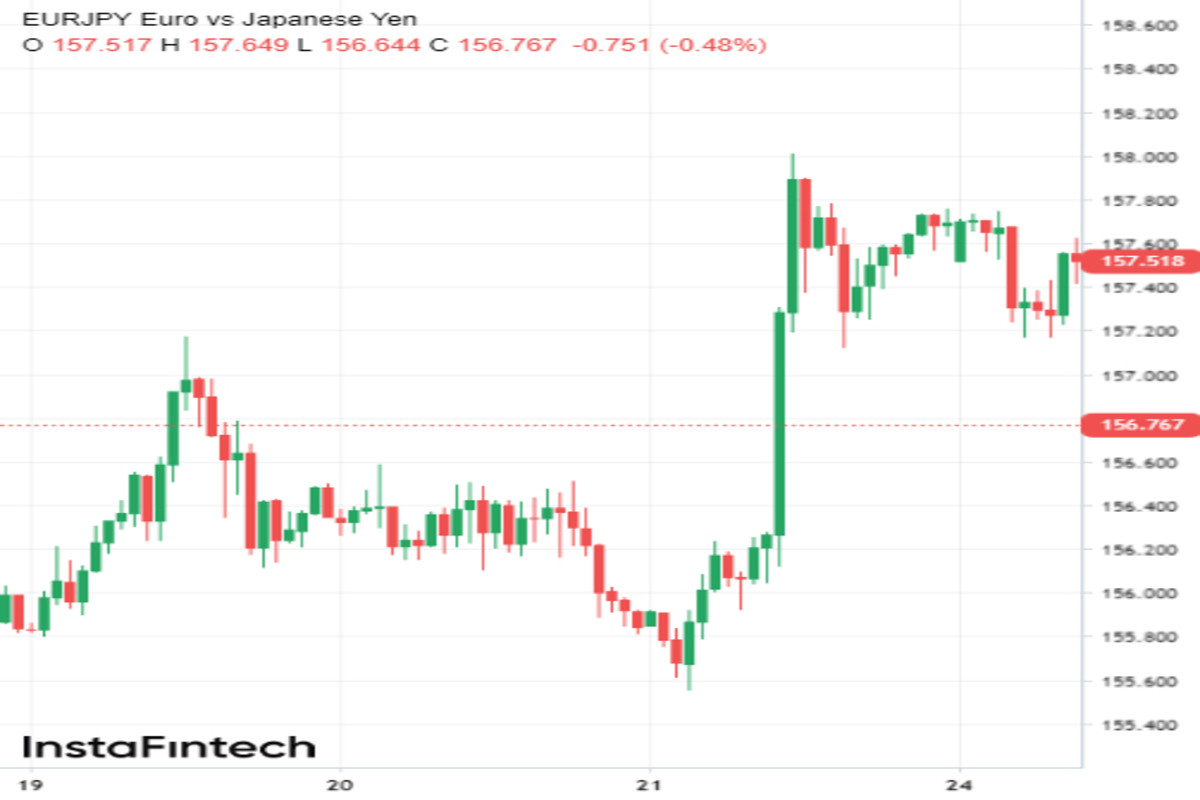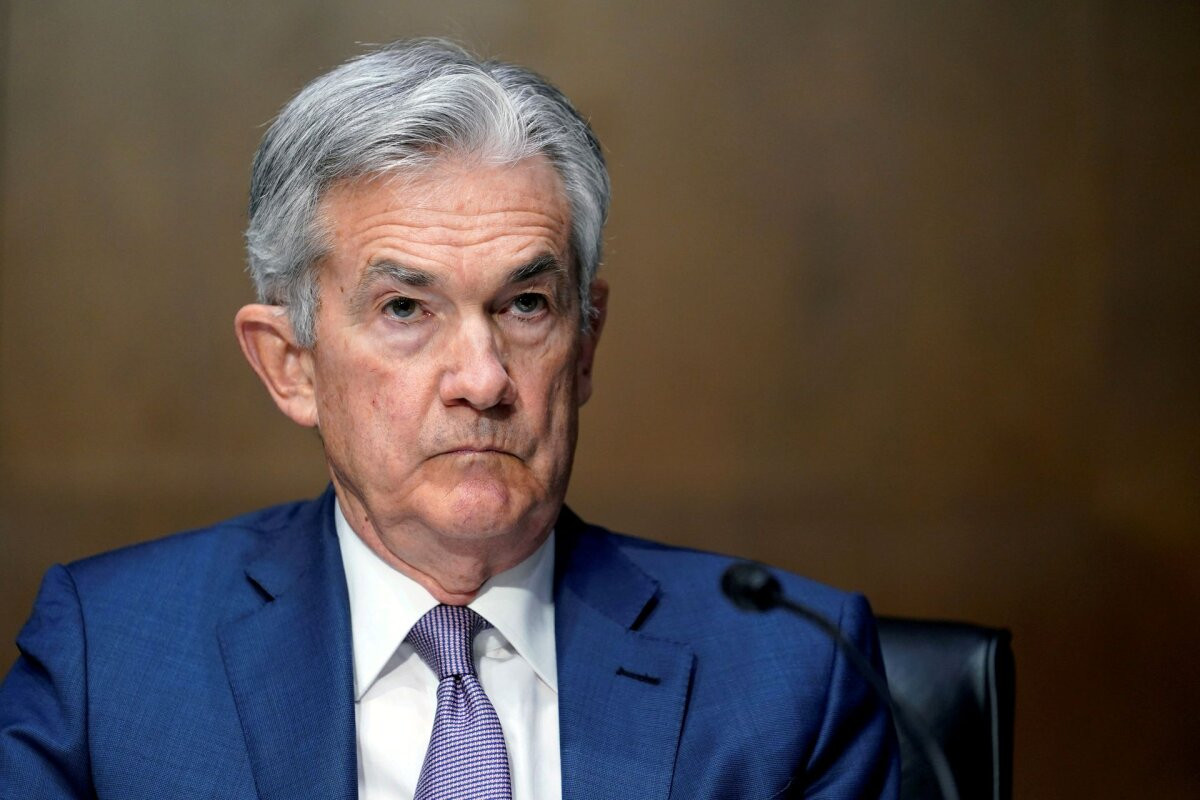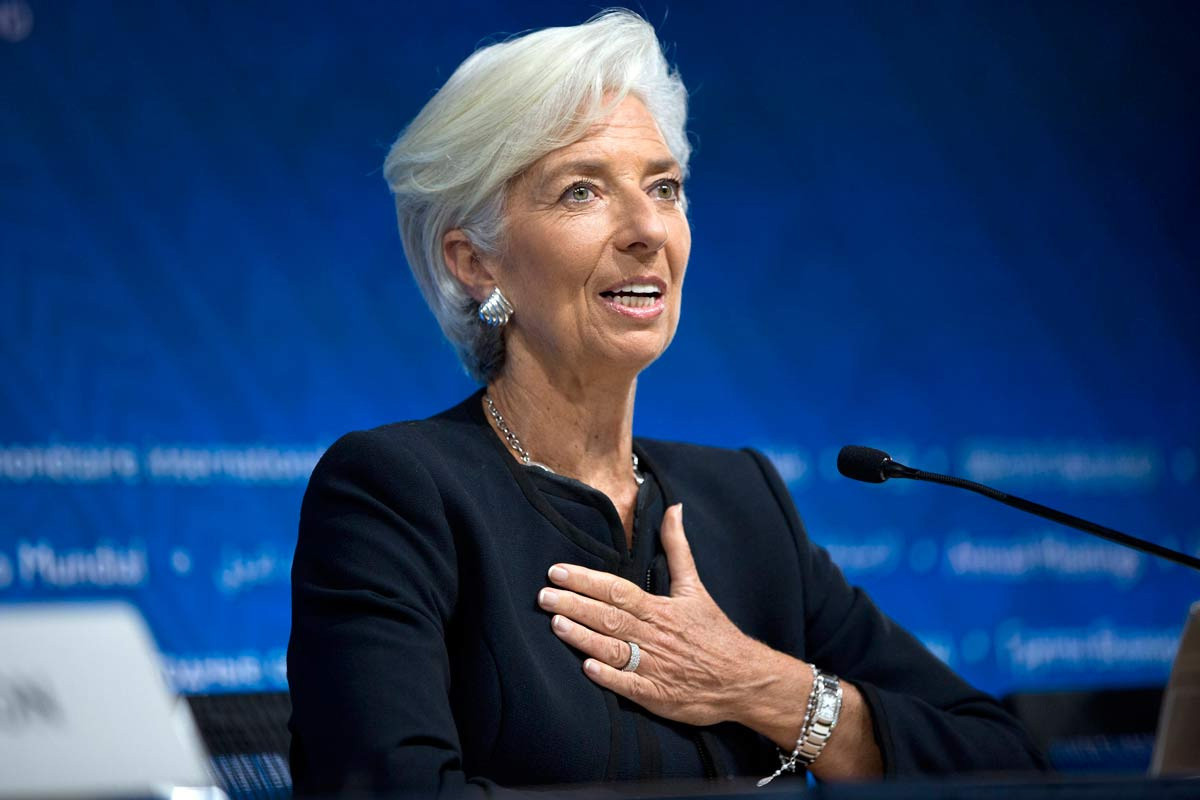
Last week, the Japanese yen fell sharply against the dollar and the euro as market expectations for imminent monetary policy adjustments in Japan weakened considerably. Unless the BOJ does indeed make a hawkish move at its July meeting, the Japanese currency will weaken further across the board. However, JPY is at risk of showing the most extreme decline this week against USD and EUR.
Yen - main casualty of monetary policy gap
Last Friday, the Japanese currency dropped by 1.24% against the US dollar and reached 141.80, its lowest level in 2 weeks. Against the euro, the yen plummeted by 1.20% and closed at a 15-year low of 157.75.

The yen entered a free-fall after Reuters released its recent survey of economists. The majority of respondents argued that the BOJ would not change its yield curve control policy at its July meeting.
Moreover, several sources close to BOJ leadership said that Japanese officials are divided in their views on adjusting the YCC.
Not all policymakers see the urgent need for this measure at the moment, and prefer to wait for more data to see if inflation is resilient.
A report from Japan's Ministry of Internal Affairs and Communications on Friday showed that consumer prices rose moderately in June to 3.3% from 3.2%. It reinforced views in the market that inflation may soon peak and plateau.
In such a scenario, the Bank of Japan will not have a strong argument for normalizing its ultra-dovish policy, which involves extremely low interest rates and yields on 10-year government bonds capped at 0%.
Given the lackluster CPI data in Japan last month, many analysts now believe that the regulator will retain the yield curve control at its July meeting and will not raise interest rates.
Such a decision could lead to the Japanese yen falling even further against the dollar and the euro, especially if the Fed and the European Central Bank raise rates this week and signal further tightening measures.

Let us take a look at the analysts' predictions for the July meetings of the Fed, the ECB, and the BOJ.
Federal Reserve
The Fed will announce its monetary policy decision on July 26, after which Fed Chairman Jerome Powell will hold his traditional press conference.
Currently, most market participants are sure that the regulator will initiate its 11th rate hike in the last 16 months, which will bring the Fed funds rate up by 0.25% to a 22-year high of 5.25%-5.5%.
According to analysts, this decision will have little impact on the performance of the US currency, as traders' attention will be fully focused on Powell's rhetoric.

According to Bloomberg Economics analyst Anna Wong, Fed policymakers will stick to their tightening course and may signal further tightening measures later this year in order to prevent a recurrence of abrupt inflation spikes.
Her view is shared by ING's chief international economist James Knightley, who has stated that inflation is not decelerating fast enough for the Fed. According to Knightley, under such conditions, US officials are unlikely to consider ending their aggressive hike cycle.
If the Fed's hawkish ambitions are confirmed within the next few days, USD/JPY will once again display parabolic growth.
European Central Bank
The ECB will announce its interest rate decision on July 27. Since a quarter-point rate hike this week is virtually guaranteed, investors' attention will be focused on comments from the ECB President Christine Lagarde regarding the regulator's future plans.

According to David Powell, analysts at Bloomberg Economics, the rhetoric of ECB policymakers will likely be more moderate. "Lagarde will probably announce another 25 basis-point rate increase, communicate that the decision in September will depend on the data, and emphasize that rates won't be cut anytime soon," the analyst said.
Most of his colleagues also expect Lagarde not to push hard at this stage and to take a wait-and-see stance in order to be able to assess inflation trends.
However, if analysts are wrong and the ECB President's speech turns out to be hawkish once again, it will trigger a dramatic euro rally across the board, including against the yen.
Bank of Japan
The BOJ meeting will be the final monetary policy decision on this week's economic calendar. The regulator is due to announce its decision on Friday, July 28.
According to a recent Bloomberg poll, more than 80% of economists now believe the BOJ will leave its monetary policy, including its yield curve control mechanism, completely unchanged in July.
"We don't see Ueda springing a Kuroda-style surprise and tweaking the yield-curve settings at the end of the Bank of Japan's July 28-29 meeting, as some have speculated," Taro Kimura, senior economist at Bloomberg Economics, commented. "Until the BOJ can confirm demand is strong enough to fuel sustainable inflation, Ueda will want to avoid any hasty changes that might be seen as hawkish. We expect the BOJ to stand pat at next week's meeting and through the first half of 2024."

Experts predict that if the BOJ once again reaffirms its dovish stance this week, it will further worsen the yen's position. At the end of the week, JPY could fall to 145 against the US dollar and to 159 against the euro.
Societe Generale strategist Kenneth Broux has warned that if the yen falls sharply on Friday, it is likely to prompt Japan's finance ministry to make further public comments to try to prop up the currency.
Rising fears of possible intervention by Tokyo could be a lifeline for the yen next week, but in the meantime, traders should brace themselves for a steep JPY plunge. In the next few days, the yen may sink into a bottomless abyss.
 English
English 
 Русский
Русский Bahasa Indonesia
Bahasa Indonesia Bahasa Malay
Bahasa Malay ไทย
ไทย Español
Español Deutsch
Deutsch Български
Български Français
Français Tiếng Việt
Tiếng Việt 中文
中文 বাংলা
বাংলা हिन्दी
हिन्दी Čeština
Čeština Українська
Українська Română
Română

